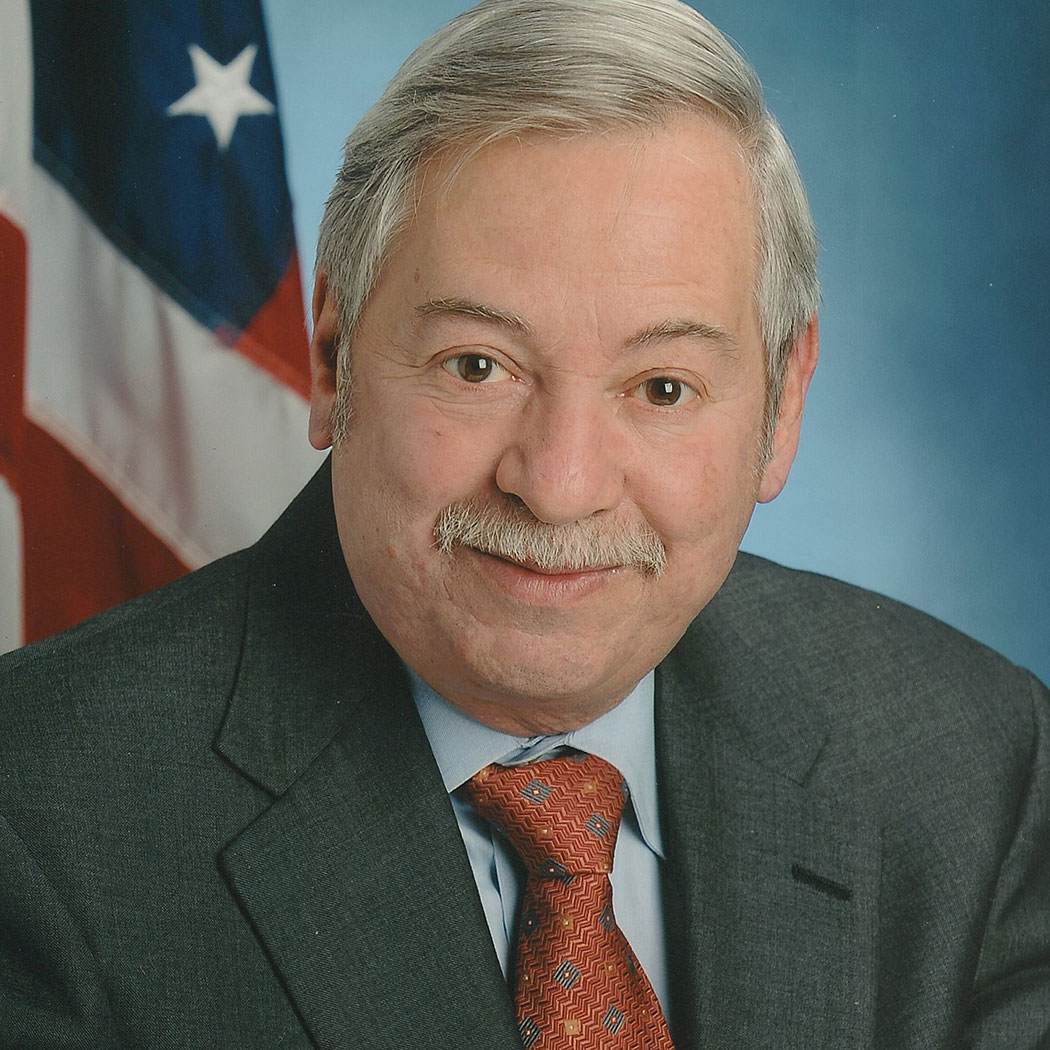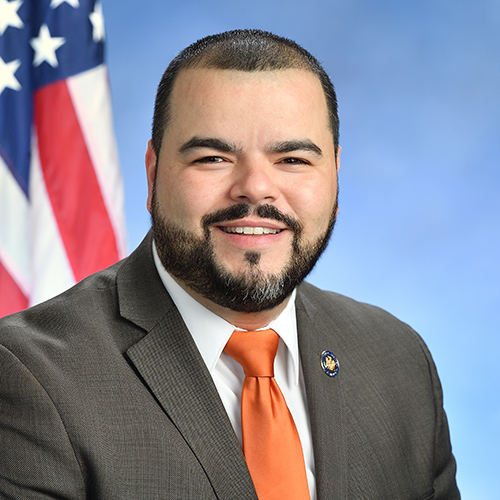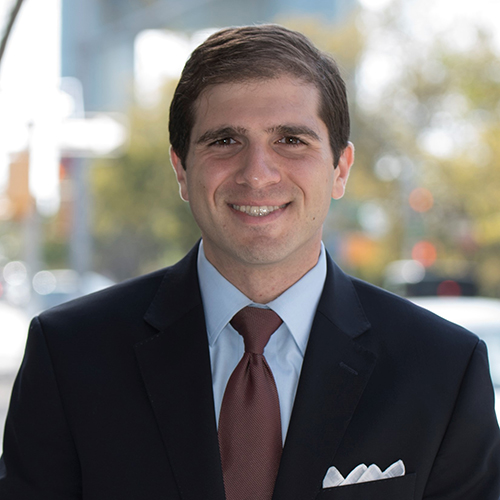The $175.5 billion state budget deal contained a lot of big-ticket items, but largely avoided blockbuster changes for organized labor and civil servants. That is about to change now that key lawmakers have more time to devote to their labor-related legislative priorities.
With a little over two months remaining in this year’s legislative session, Democratic lawmakers said they will hit the ground running on some key issues affecting private and public sector unions and other working people. This includes resuming where legislators left off on a bill to expand the use of the prevailing wage on state-supported construction projects as well as proposals to increase workplace protections and benefits for a range of workers statewide, from firefighters to car wash workers.
In a state where unions command loyalty from Democrats and Republicans alike, certain union-friendly legislation may have a relatively smooth path through the state Legislature. Other issues, however, face more formidable obstacles, such as upcoming proposals to decriminalize sex work, give collective bargaining rights to farmworkers and expand the prevailing wage, which continues to face resistance over the costs it adds to construction projects.
Here is what four key lawmakers have to say about how the budget affects their work in the coming months. The interviews have been edited for length and clarity.
Jessica Ramos

Chairwoman, state Senate Labor Committee
Did the state budget do enough to secure collective bargaining following the U.S. Supreme Court’s ruling in Janus v. AFSCME Council 31?
I’m very happy. Look, there’s very few things that the state can do, but I think that we’re doing everything we can to ensure that we are protecting our unions and protecting public sector workers and I’m not critical of the measures.
Now that the state budget is over, what’s coming up for your committee?
We still have to address public works and the prevailing wage. I think that is really important and we have to make sure that we are talking to all the stakeholders so that we can come to an agreement that works. Construction workers and building maintenance workers who are working on publicly subsidized projects should be paid the prevailing wage. But there is still a lot more work to do in order to make sure that we’re hearing all stakeholders. This has historically been a bipartisan bill. The senator who carried the prevailing wage bill was former Sen. Terrence Murphy, who is a Republican. He did a lot of work on the bill and now I’m picking up where he left off. I am looking forward to getting public works done this session. That’s one priority.
Then there is the sweat bill, which aims to prevent wage theft. One of the major provisions in it is essentially to put a lien on an employer’s assets in order to make sure that they pay their employees what they’re owed.
The third priority has to do with farmworkers. The farmworker bill is a human rights bill. I understand that it may it will affect the farming economy, but we’ve been holding up the farm economy on the backs of farmworkers for a very long time. They don’t get days off. They don’t have rights to unemployment benefits. They don’t have the right to collectively bargain. They haven’t been collecting overtime pay. These are all things that nearly every other worker in New York enjoys. I’ve visited upstate farms and there was one I saw in Wayne County two weeks ago where I met a farmer who owned an apple orchard. His farmworkers are very happy that they get a day off. They also get overtime pay, but the problem is that that’s not the norm and I don’t think farmworkers’ rights should depend on whether they are lucky enough to find a good farmer who will treat them the right way. I think their rights need to be codified.
Any hearings in the works on this issue?
Sen. Jen Metzger, who is chair of the agriculture committee, will chair upcoming hearings with me. We’ll have three hearings. One in her district, which is in the Hudson Valley. Another one will be in the Syracuse area and a third in Suffolk County. They’ll happen later this month.
Republicans and some Democrats are pushing for changes to the Scaffold Law? What do you think?
The Scaffold Law places 100 percent liability on the contractor and the developer. The problem in the construction industry is that there is such a race to the bottom. We’ve seen employers who don’t provide their construction workers with the equipment and training that is necessary to do the work. This is one of the most important laws that protect all construction workers and the fact is that the law saves lives, period. I will not be introducing legislation, nor would I support legislation that reforms the Scaffold Law.
Any big labor-related legislation coming up in other committees?
There is going to be legislation to decriminalize sex work in the next few weeks. We all know how controversial the topic can be, but it’s a conversation that needs to be had. It’s important for us to be able to distinguish between sex workers who are doing it out of choice or circumstance and those who are doing it because of coercion. It’s related to changing the penal code so I would imagine it would have to go through the Codes Committee.
Peter Abbate Jr.

Chairman, Assembly Governmental Employees Committee
What has your committee been up to in the past year?
The most important successes we’ve had between last year and this year is counteracting the Janus decision. In the budget, we added some more protections for workers to keep their files confidential. I think we’ve done our part with the Janus decision. The good part is that the decision led to great education to inform union members what they get out of being a union member, where their dues go. I think a lot of people are under the misconception that too much of that money goes for political purposes.
Is there anything in labor-related in the budget that has not gotten much attention?
Collective bargaining was once again extended for five years and collective bargaining for the Metropolitan Transportation Authority was also extended for an additional two years. I think that makes it easier. We all remember going through the New York City transit strike, and I think collective bargaining throughout the system has really helped with the labor situation. We don’t have what you’ve seen in other states with the teachers unions walking out – whether it is in California, Texas and other places. Instead, we have a good system of collective bargaining where people sit down and try to work out their problems.
What are the big civil service issues before your committee?
We passed a bill last year and just did a chapter amendment for first responders that will affect how they are promoted. One of the other things we are always looking for is how to be fair to the taxpayer while making sure workers are not abused. You hear so many complaints that the civil service is this and that. Meanwhile, you don’t hear the stories where they are forced to work overtime because municipalities are not hiring people. Some workers are forced to work overtime so their pay and pensions get larger. But then an article appears in the paper saying these eight guys are making so much money in their pensions. Maybe if cities would hire and promote more people, there would be less overtime. Yet, the municipalities would rather pay down the road. If you’re supposed to have 50 workers and you only have 25 and you force them to work overtime, that’s not going to affect you immediately, but it will affect someone else if you kick the issue 15 years down the road.
Firefighters and police officers in New York City say that they want to get pensions after 20 years, like their counterparts in other areas of the state.
The pension reform they’re talking about is trying to get some of the things for the younger members they lost before. It’s hard to see someone working next to you at the job and they get to retire after 20 years and you’ve got to do 22 years. I’ve been here awhile and know that when things are taken away, people try to put them back 10 or 15 years later.
Marcos Crespo

Chairman, Assembly Labor Committee
Where are we with the public works bill that would expand the use of the prevailing wage in state-supported projects?
I think we will look to move the bill. We’ve done this before and our priorities are clear that we believe in the prevailing wage. I’m hoping that we’ll get back to moving the legislation and I think the Senate will do the same. Then we can really have an honest conversation with the Second Floor about finding out where we all are. Gov. Andrew Cuomo has made his views clear about it. While it was not in the budget, he mentioned his support of it in his State of the State address. So I think there is room for all of us to figure out what those issues are and come to an agreement.
Why didn’t it make it into the final budget?
I don’t know. That’s hard to tell. I think that there were discrepancies on versions from both sides in terms of the impacts on affordable housing, brownfields and the industrial development agencies and authorities. I think there were several groups looking for exemptions. We’re figuring out what, if anything, is workable or not. I think there was significant movement and it seemed to be coming together and then, like a number of other things, there was a lot going on and not a lot of time. But the prevailing wage remains a priority.
What are your top priorities for the committee in the weeks ahead?
Some of the bills that I continue (to think are) important include Carlos’ Law. The car wash workers minimum wage legislation is something that I’m looking to move as soon as we get back. We want to continue to look at some of the ideas that came out of the sexual harassment hearing. We want to see what we can still do on that front. There is still a lot of work that remains to be done on policy, so we will have our hands full.
Andrew Gounardes

Chairman, state Senate Civil Service and Pensions Committee
How did the budget process affect public sector workers?
The governor proposed making retirees pay more for their health insurance benefits. We were able to successfully block implementation of that. The governor also wanted to make changes to the civil service process. We were able to block his proposal there too. These are things that people do not always notice, but they are a big deal to working-class folks.
What were the proposed changes to the civil service process?
They would have given the state more flexibility to have more open examinations and circumvent how it is required to make slots available for tests and filling positions. Lawmakers in both houses felt the system currently is working and we do not need to be making changes to it and we were able to successfully communicate that to the governor.
And the changes to retirees’ health benefits?
It was a proposal to have retirees pay more for their health insurance benefits. Right now under the law, retirees who are invested in the state do not often pay for their health costs. The governor was proposing to change that. When people take a job in the civil service, they sometimes take a lower salary on the promise that they will have a secure pension and that their health care needs will be provided for. This was a promise to them and it should not be a promise that is broken.
What is coming up before your committee?
Even though the committee meetings have been short up to this point, that does not mean the work is not getting done behind the scenes. There are a number of areas that I want to look at though not so much on the pension side of things. We have an aging workforce in this state. What are we doing to prepare for that wave of retirements? We have to fill these really critical jobs. How are the proposed cuts to the public service loan forgiveness at the federal level going to affect our ability to recruit doctors, teachers, lawyers, engineers, architects and anyone else that we need in the public workforce. These are the kind of broad, thematic areas that I am looking at. We will do a series of hearings and task forces and look at legislation where appropriate. That will be our big focus.
Other things that I want to add to that is how we are treating a lot of our 9/11 workers. Are we making sure that we give these first responders all the benefits that they are entitled to? There are a couple bills that we have advanced on that.
How much of your job is resolving how different benefits play out for different people in the civil service?
Everyone wants a piece of the same pie, but there’s a difference between being a firefighter, a police officer, a teacher or a corrections officers. They’re all important, but within the realm of what we can do, we want to make sure that they are being treated fairly for the work they are doing for us.
How is dealing with the Republicans different in the committee compared to the broader Senate?
We’re very fortunate here in New York because it is a highly unionized state in both the public and private sectors. Both Republicans and Democrats are thankful that we have police, fire, emergency medical services, corrections officers, teachers – you name it. It’s not a partisan issues for us.
You’ve been hosting weekly Friday Twitter threads with constituents. What are you hearing?
There have been a couple of times when people have commented about issues relating to EMS workers because we know there is a big problem with how the City of New York is treating its EMS workers. There are big recruitment and retention problems with EMS because they are all jumping over to FDNY because of the pay disparity between the two. There have also been issues with some of the park rangers who have concerns about their collective bargaining agreements and their retirement benefits. Those have been flagged through our weekly threads. I can’t promise that I’m going to have an answer for every problem but sometimes all people need to know is that someone is listening.
Your predecessor, former state Sen. Marty Golden, also chaired the committee. Have you taken him up on his offer to help you?
No, I think I got it.

NEXT STORY: Zellnor Myrie, a “Mariano Rivera” in the state Senate


